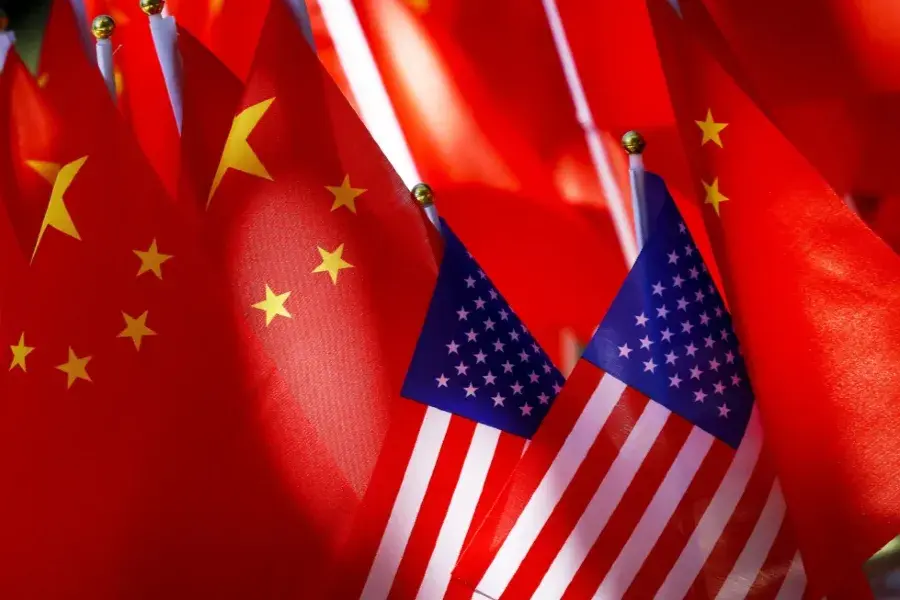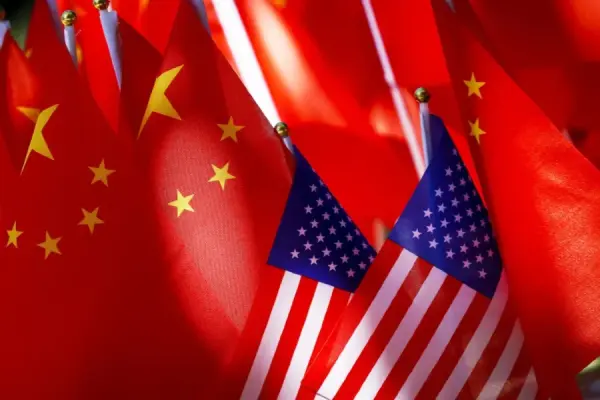In early June 2025, tensions between China and the United States surged once again, capturing global attention amid fears of a looming new trade conflict. The US government implemented tighter export controls on artificial intelligence (AI) chips in mid-May 2025, restricting sales of AI hardware and software to certain countries, notably China, citing national security and the protection of strategic technology. Concurrently, Washington unilaterally canceled several visas for Chinese students and researchers, a move that sparked sharp criticism from Beijing. These policies were introduced just weeks after a 90-day trade truce was established following a high-level delegation meeting in Geneva in March 2025.
In response, China's Ministry of Commerce strongly condemned the US policies, accusing Washington of violating both the spirit and the terms of the agreed trade truce. According to an official statement from the Chinese government, Beijing had fulfilled its commitments by reducing import tariffs on US goods as promised. However, the US actions threaten stability and trust in the bilateral trade relationship. Furthermore, Beijing hinted at the possibility of restricting exports of various strategic minerals, especially rare earth elements and other critical metals that underpin the global technology industry. China emphasized its desire to avoid escalation but asserted its readiness to take "appropriate and proportional" countermeasures to safeguard national interests.
The situation had immediate effects on international financial markets. Major stock exchanges across Asia and Europe opened lower, particularly impacting technology, automotive, and manufacturing sectors. Stock prices for chip manufacturers and electric vehicle producers came under pressure amid concerns over disrupted global supply chains. Crude oil prices also edged up slightly, driven by fears of reduced raw material supplies and higher production costs. Analysts anticipate ongoing market volatility at least until high-level negotiations scheduled for late June 2025 between President Xi Jinping and US President Donald Trump provide clarity.
Technological rivalry and geopolitical tensions remain key factors fueling the deteriorating situation. Beyond AI chip export controls, sensitive issues like Taiwan’s status and nickel export control have heightened tensions. Washington asserted that global nickel supplies cannot be fully controlled by Beijing, citing the metal’s essential role in electric vehicle battery production. Meanwhile, some senior US officials labeled Taiwan as an "absolute strategic interest" for America, remarks that prompted a severe response from the Chinese government. Beijing viewed such statements as threats to regional stability with the potential to trigger military friction across the Taiwan Strait.
The negotiation process faces increasing challenges amid the unfolding crisis over chip export controls, which followed shortly after the Geneva meeting. Both Chinese and US delegates appear cautious in their public statements, focusing on resolutions at the technical staff level to avoid escalating tensions among top leadership. Nonetheless, many observers believe both sides are caught in a cycle of mutual pressure with limited willingness to compromise. Rebuilding trust after these developments is expected to be difficult, particularly given domestic pressures in both countries demanding firm governmental stances to protect national interests.
As of mid-June 2025, global attention remains fixed on the next policy moves from Washington and Beijing. Experts predict continued uncertainty unless strong signals emerge indicating readiness to return to the negotiating table. Meanwhile, several trading partners have urged de-escalation efforts to preserve fragile global economic stability in the ongoing post-pandemic recovery period.







